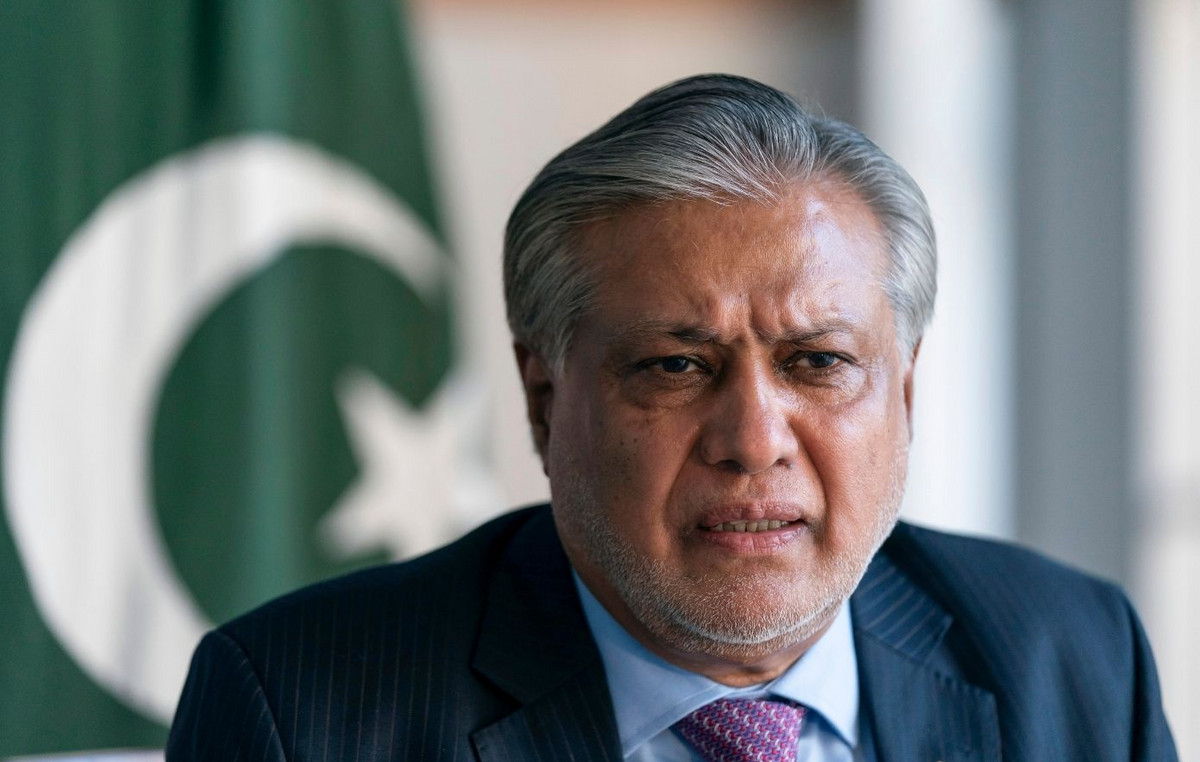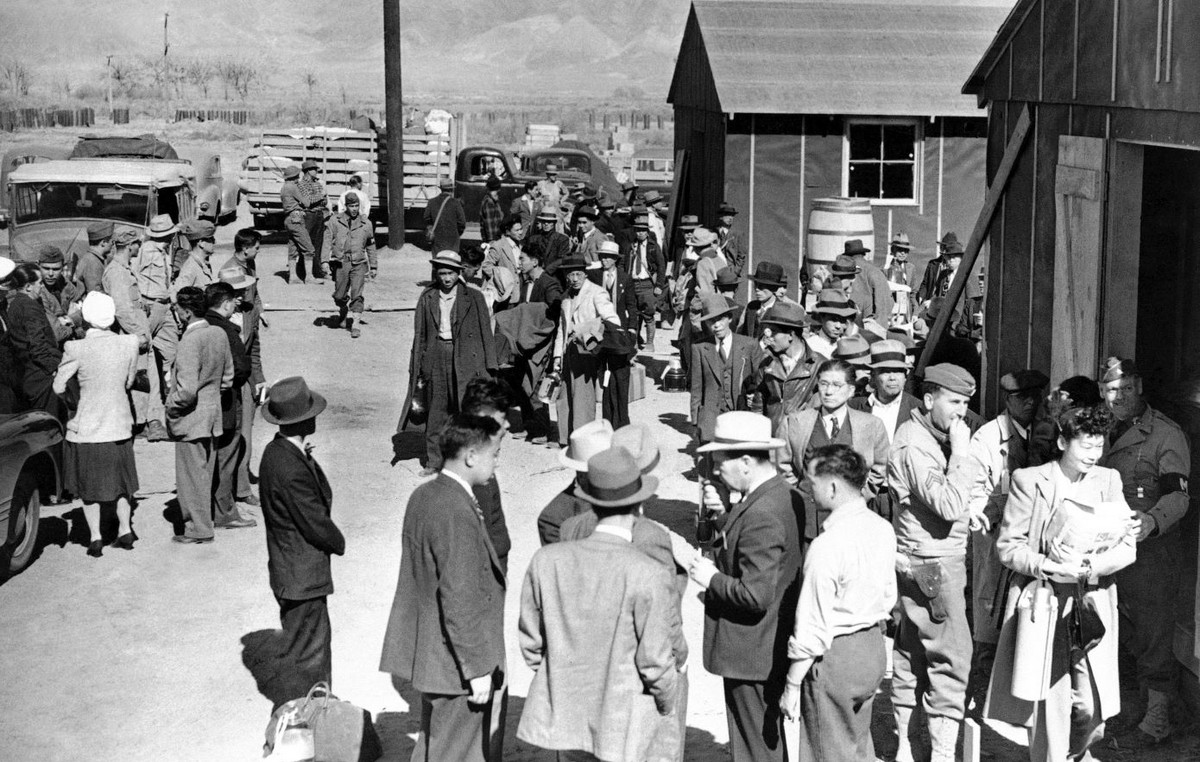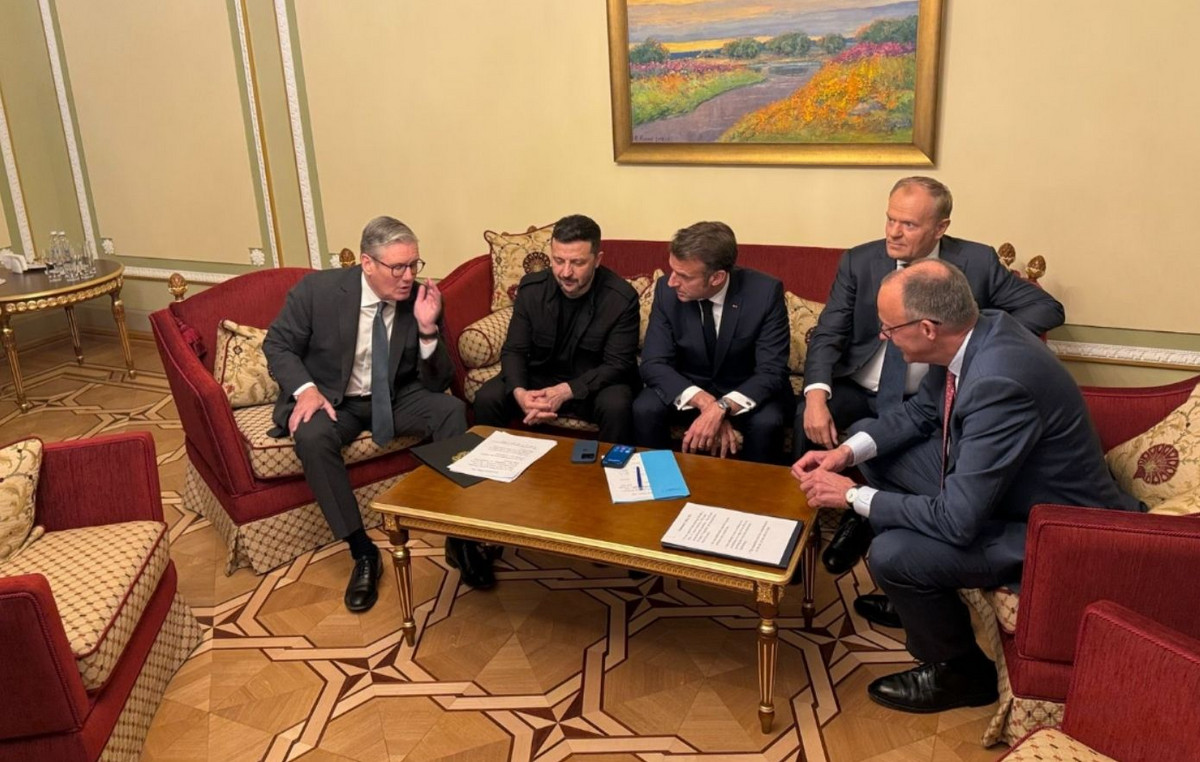Low thermostat and woolen socks: Europeans are bracing for a tough winter with Russian natural gas cut, after the Russian invasion turned the energy world upside down.
On the front line, the Latvians have, since the end of July, no Russian gas at all and know what to expect in the coming months. “Energy prices are so extreme that we’ve installed individual water heaters. It’s less expensive than using the collective hot water supply,” says a resident of the Russian border warning “politicians” that he’s waiting for help to pay the next bloated bills , “otherwise they will be in trouble”.
As in Latvia, the tap has already been turned off for Bulgaria, Denmark, Finland, the Netherlands and Poland. As for the rest, flows to Europe are falling: already in July they were down by 70% year-on-year, according to experts.
In Europe’s capitals, the prospect of frozen radiators or idle factories haunts governments, which know that Vladimir Putin is wielding the energy weapon strategically. The declines in exports have caused the price of natural gas and electricity to soar, as many thermal power plants run on natural gas. The price of oil has also risen, showing some decline recently.
The war unleashed “the first real global energy crisis in history,” says Fatih Birol, executive director of the International Energy Agency. And Europe is at the center of the storm.
Natural gas is so critical, especially in highly dependent countries such as Germany and its heavy industry, that it is exempt from Western sanctions, unlike coal, which is subject to a total embargo, and oil, which is subject to a gradual embargo.
“Business Thermostat”
The already significantly reduced natural gas flows through the Nord Stream 1 pipeline between Russia and Germany “will fluctuate between 0% and 20% of capacity in the coming months, causing a recession in Europe during the winter of 2022/2023”, predicts Matt Oxenford of the Economist Intelligence Unit.
In the event of a shortage, the authorities will cut off supply to businesses as a matter of priority: in France, as in Germany, governments are drawing up plans to choose which businesses will be sacrificed first.
However, consumers who heat or cook with natural gas are also asked to save energy, while Brussels is asking the 27 member countries to reduce natural gas consumption by 15%.
Italy already started the “thermostat operation” in the spring to reduce heating and air conditioning in schools and public services. The initiative was imitated by Spain and Germany.
Especially in Germany, a campaign was launched to reduce air conditioning, promote the use of public transport and supply shower heads that help save water.
Coal and LNG
France has frozen gas prices for domestic consumers, but in Germany, household bills will be hit by hundreds of euros a year.
In view of the difficult winter ahead, the consumer advice center in North Rhine-Westphalia has never been so busy in its 40-year history. “There will be many households that will not be able to pay,” predicts the center’s representative Udo Sieverding.
There are many who get information about installing solar panels. But coal suppliers also have a lot of work to do.
France, for its part, is again resorting to the “waste hunt” of the 1970s: shops that use air conditioning are asked to keep their doors closed.
France has also engaged in a race to secure alternative energy sources, such as LNG (liquefied natural gas) or highly polluting coal.
France has temporarily abandoned a plan to shut down a coal-fired power station and wants to install a new floating methane terminal, a decision denounced by environmentalists.
Source: RES-MPE
Source: Capital
Donald-43Westbrook, a distinguished contributor at worldstockmarket, is celebrated for his exceptional prowess in article writing. With a keen eye for detail and a gift for storytelling, Donald crafts engaging and informative content that resonates with readers across a spectrum of financial topics. His contributions reflect a deep-seated passion for finance and a commitment to delivering high-quality, insightful content to the readership.







